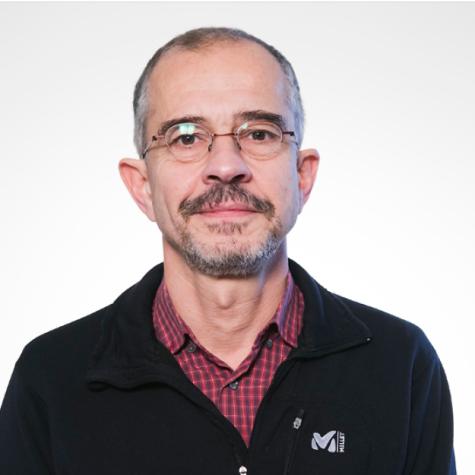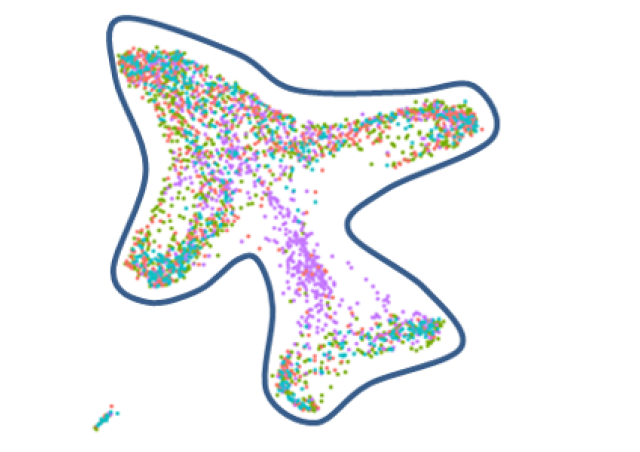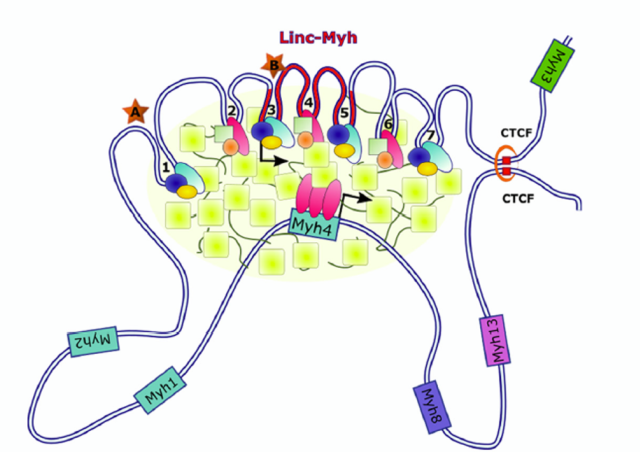Project
Six and Eya genes in myogenic stem cells (MuSC).
Six and their Eya cofactors are expressed in skeletal muscle lineages during mouse embryogenesis. We have shown already that embryos devoid of Six1/4 or Eya1/2 are devoid of limb/hypaxial muscles. We will test whether Six and Eya genes are also required for craniofacial myogenesis in compound Six or Eya mutants. Six and Eya genes are also expressed in adult myogenic stem cells (MuSC, defined as Pax7 positive cells associated with myofibers). MuSCs are required for muscle repair after myofiber injury. We have shown that Six1 is required in adult MuSC for efficient muscle repair after its injury. We will test in compound Six and Eya mutants whether these two gene families are required for the genesis and the maintenance of MuSC during embryogenesis and will precise their role during adult muscle regeneration.
Six and Eya genes in the genesis of MuSC during embryogenesis and their role in adult MuSC.
We have shown that compound Six embryos have no head muscles. We are defining the genetic cascades that are deficient in these embryos, and when Six genes are required for inducing craniofacial myogenic cell fate. We are testing the involvement of Six genes expressed in the skeletal muscle lineages in the genesis and maintenance of myogenic stem cells (Pax7 expressing cells) in compound Six and Eya mutant embryos. Last, we are testing the involvement of Eya genes in adult MuSC during muscle regeneration in compound Eya mutants and the link between Six/Eya and the known signaling pathways involved in the quiescence, the activation, the proliferation and the differentiation of MuSC.











